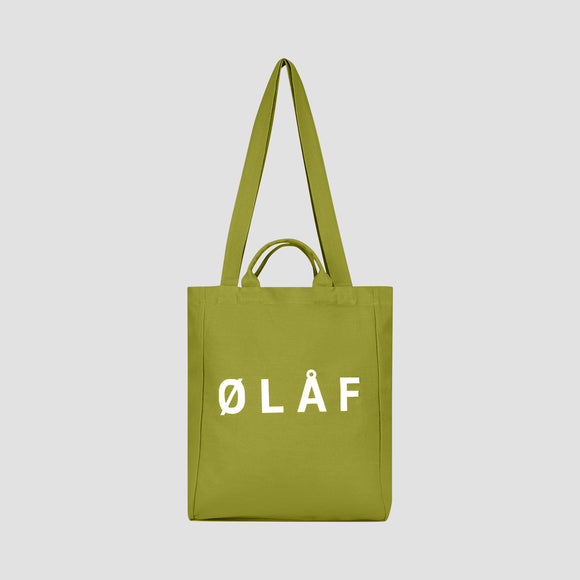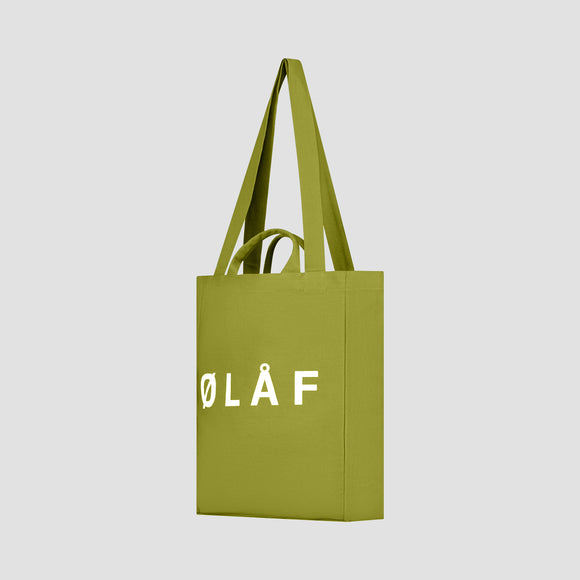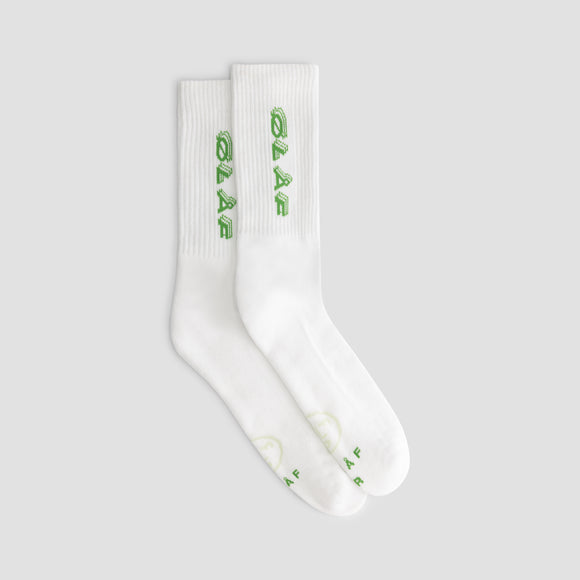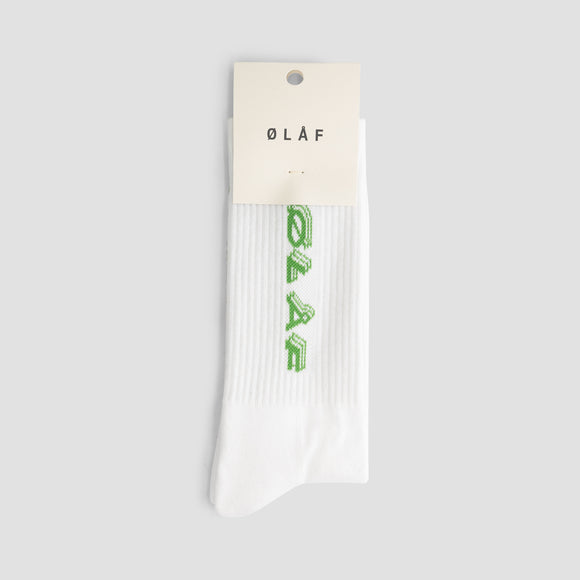Hi Frederieke, can you tell us a bit about yourself and how your passion for cooking developed?
I grew up on a farm near Rotterdam. Surrounded by my parents garden full of vegetables, my passion for cooking started at this young age. My love for sports led me to study sports and nutrition, shaping my approach to discipline and food composition. On the farm, my parents hosted dinners, sometimes renting the space to caterers, which exposed me to the art of table setting and connecting with people.
While studying sports, I took a skiing course in Switzerland to improve my French. Later, I moved to the south of France to further immerse myself more in this culture. There, I met people from diverse backgrounds and realised that food is a universal connection, not just for the wealthy but for everyone. My time in France highlighted the cultural importance in other countries, contrasting with the lesser emphasis placed on it in the Netherlands. Food plays a significant role in daily life and social interactions.































